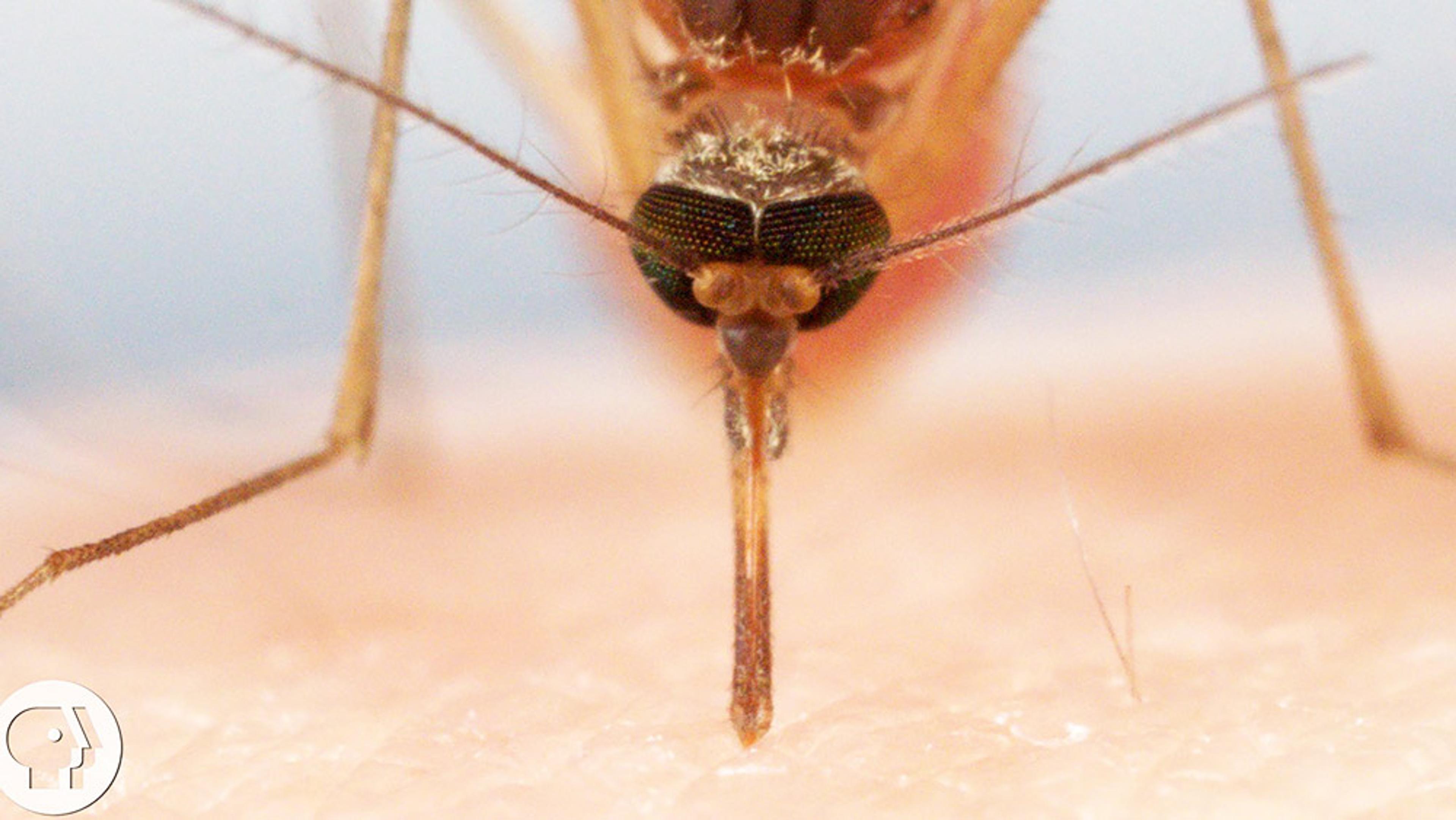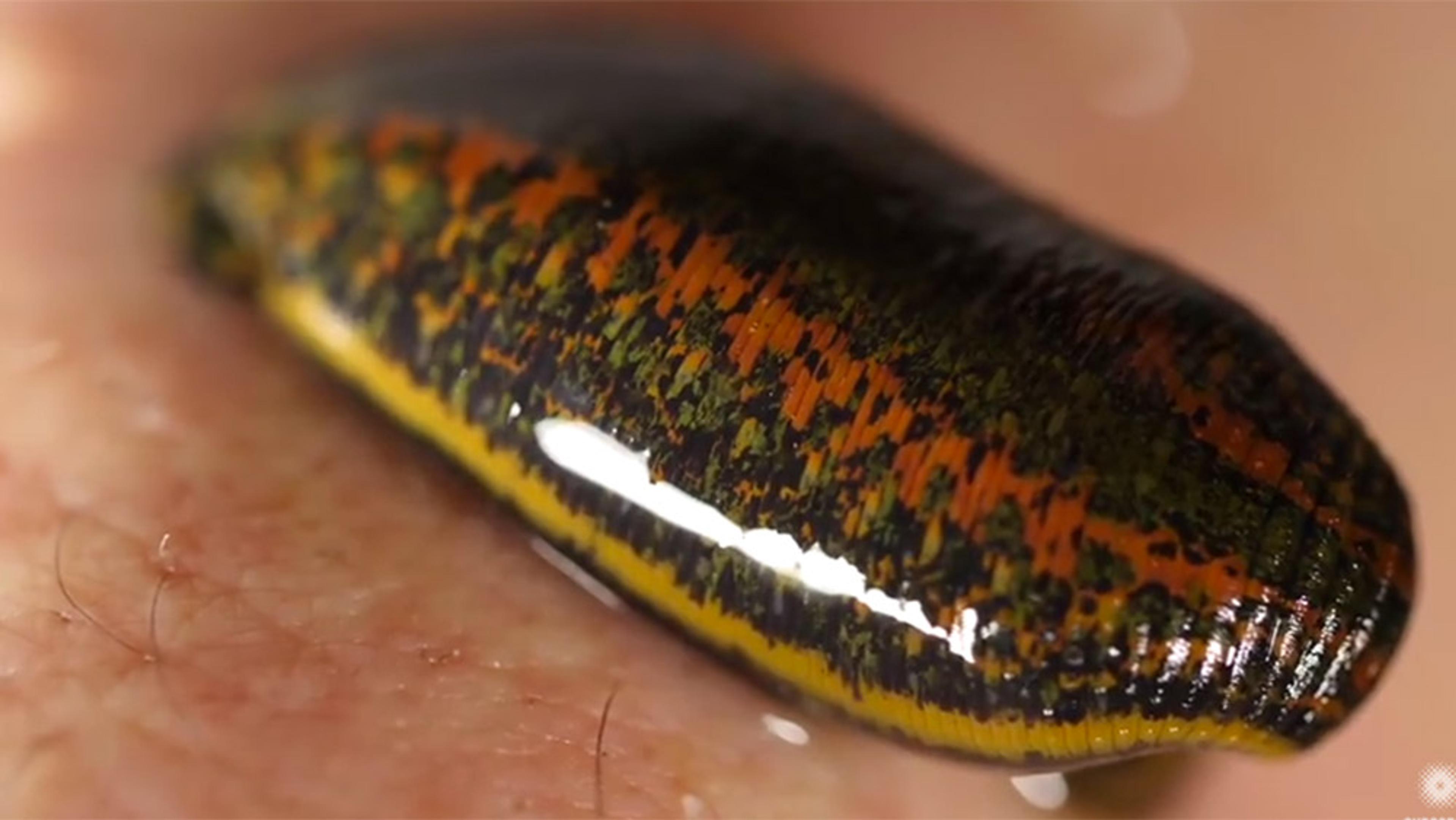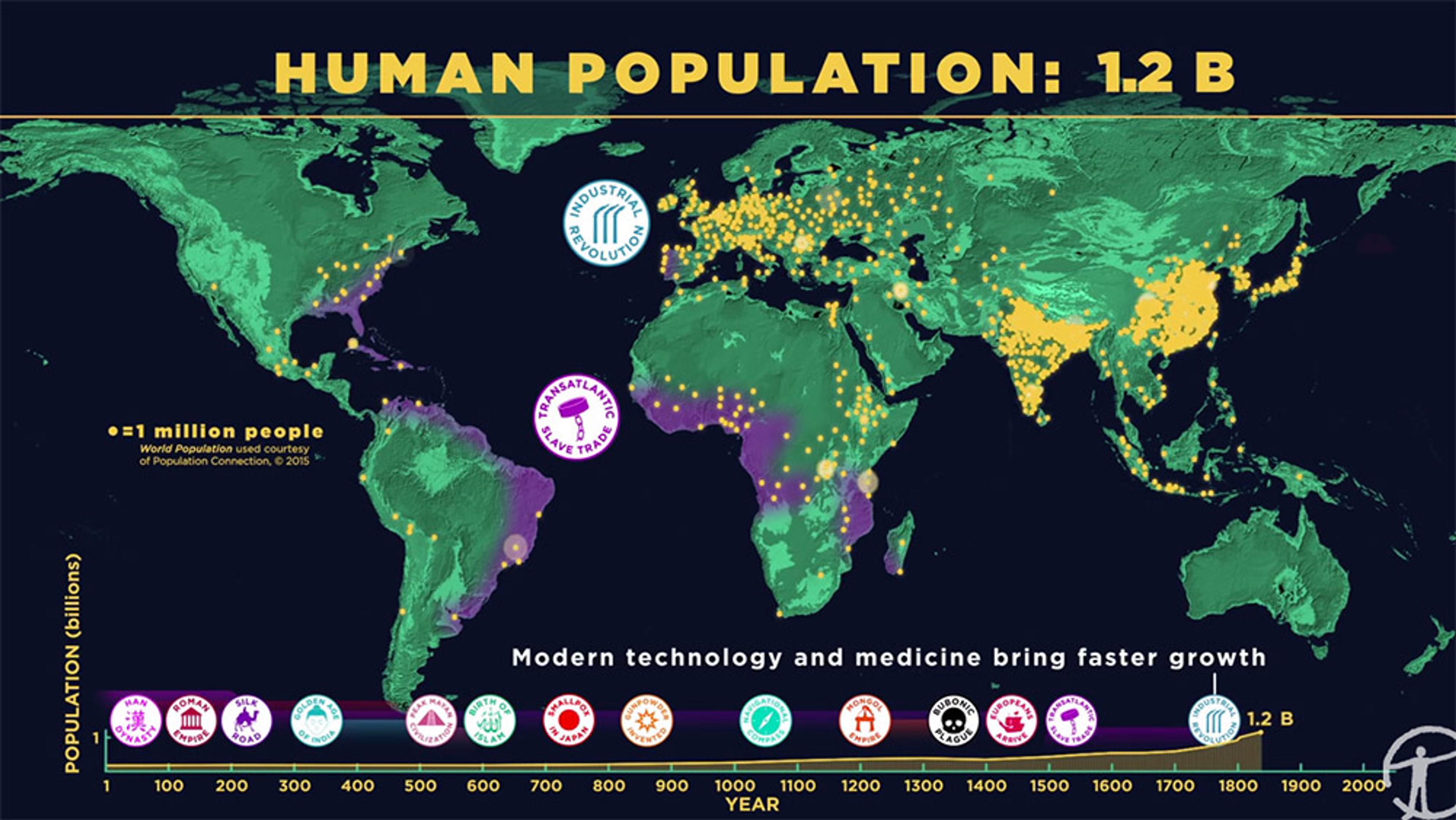By far the deadliest parasitic disease in human history, malaria has killed millions upon millions of people over the past several thousand years. Effective anti-malarial treatments have existed since the 17th century, but the disease still kills more than a million people a year, many of them children. Despite enormous efforts to neutralise and eradicate the disease, the malaria parasite has proved hugely resilient, capable of developing a resistance to everything humankind has ever thrown at it. Produced by NPR, Herbs and Empires traces the strange history of one of our most formidable foes.
Our fight against malaria is strange, cyclical and shows few signs of slowing
Producers: Adam Cole, Ben de la Cruz

videoEvolution
What makes mosquitoes so good at getting under our skin?
3 minutes

videoBiology
‘Save the parasites’ may not be a popular rallying cry – but it could be a vital one
11 minutes

videoIllness and disease
Humanity eradicated smallpox 45 years ago. It’s a story worth remembering
25 minutes

videoMedicine
Once dismissed as quackery, medical leeches are back for blood
4 minutes

videoBiology
Could organless plasmodial slime mould hold secrets about intelligent life?
2 minutes

videoDemography and migration
How we became more than 7 billion – humanity’s population explosion, visualised
6 minutes

videoValues and beliefs
A funeral director takes in bodies that social stigma leaves unclaimed
11 minutes

videoDeep time
When algae met fungi – the hidden story of life’s most successful partnership
4 minutes

videoBiology
In the jungle of Suriname, Maria Sibylla Merian discovered insect metamorphosis
4 minutes